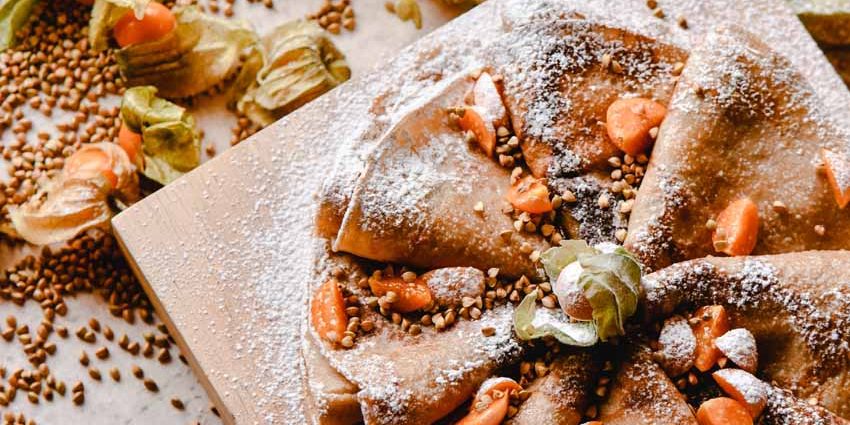In recent years, a great deal of progress has been made in research and communication on health and nutrition. People are becoming increasingly aware of what we eat and we try to use food as an ally to improve our wellbeing. And this has an impact on the market, where we can find an increasing number of products adapted to the different needs that consumers may have.
One range of products that is becoming increasingly popular is gluten-free food. The public associates gluten-free products with health. This is partly due to the fact that these types of developments are usually plant-based and low in carbohydrates, which makes them compatible with popular diets such as keto or vegetarian diets.
To improve their positioning, companies will need to focus on innovation to elevate this product category. Improving their nutritional value and sustainability-related commitments will play a key role in this, as well as aligning developments with food trends.
Some myths about gluten-free diets
People suffering from coeliac disease and those who are sensitive to gluten ( as long as they have a diagnosis) must follow a strict gluten-free diet, as this is the only treatment that has been proven to be useful when diagnosed.
Although it is true that, as we explained above, the gluten-free diet tends to be associated with a healthy diet, it is important to clarify that eliminating gluten when there is no condition that requires it can result in a nutrient deficit, as foods such as pasta or bread are a source of fibre and B vitamins.
3 ideas to boost the gluten-free sector
- Give prominence to vegetables: consumers are becoming more and more informed and many (and the number is growing) people are reading the nutritional information on the labelling. The claim “gluten-free” is no longer enough. Brands must understand that nutritional value is also very important and do everything possible to attract purchase through nutritional improvements to products.
- Upcycling: the valorisation of by-products is another strategy that is expanding. On the one hand, in a situation of scarcity and rising costs of resources and raw materials, it makes it easier and cheaper to obtain ingredients and, on the other hand, it helps to achieve more sustainable production by reducing waste generation. This, in turn, and provided it is properly communicated, positions the company among those consumers who are more committed to the environment, which, added to the “gluten-free” claim, can be decisive at the time of purchase.
- To continue researching flavours and sensory improvements: to do so, it will be necessary to continue working on manufacturing techniques or the incorporation of new ingredients.
Some new launches:
- Chickpea-based pasta from Banza (USA). Their claim is that they offer an alternative pasta with 50% more protein, three times more fibre and 25% less net carbohydrates.
- Simple Truth, the organic brand of US supermarket Kroger, has developed a gluten-free ready-made banana bread mix containing okara flour, which in turn is made from soybean pulp, the leftover from tofu production. This type of flour has a high protein content and adds a unique texture and moisture to baked goods.
- The Austrian brand Beet Gold has developed ready-to-eat tortillas based on carrot or beetroot suboroducts. The main ingredient is the pomace obtained from its processing for juices, which has proven to be perfectly valid as a flour substitute for this kind of product.
